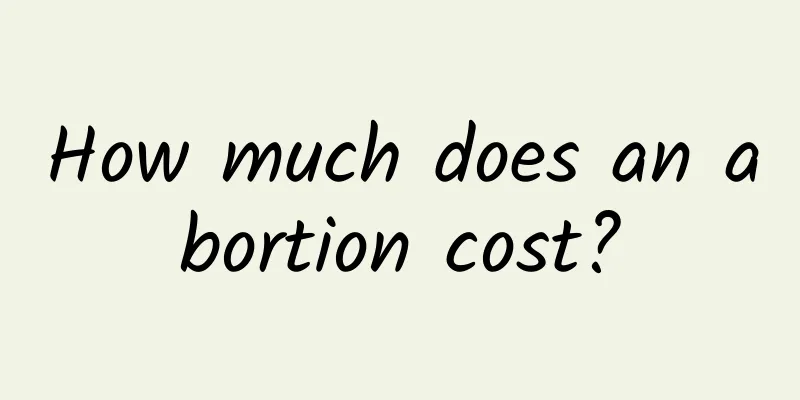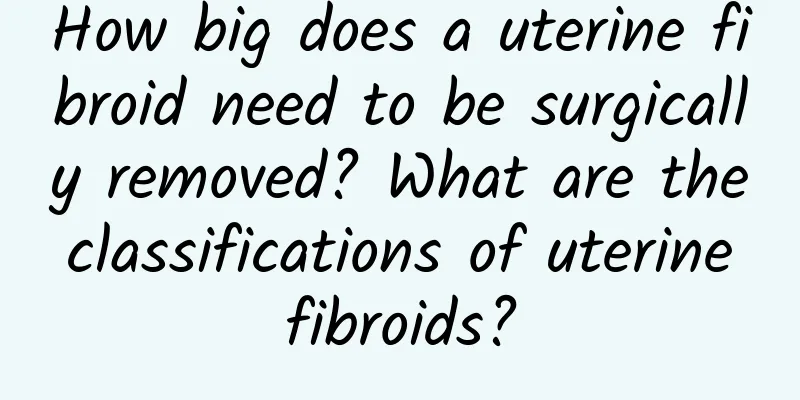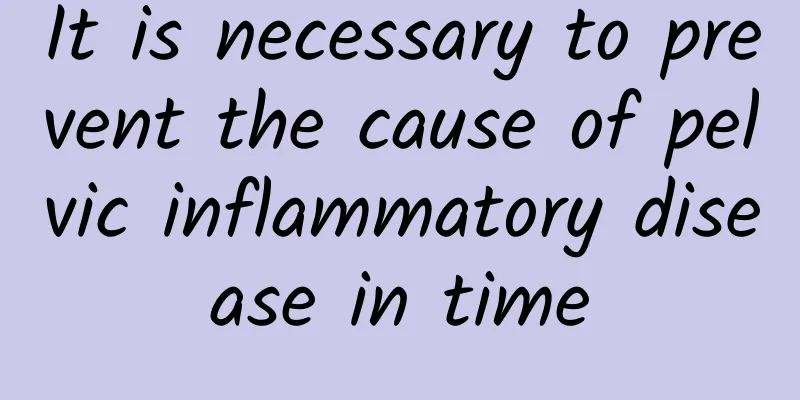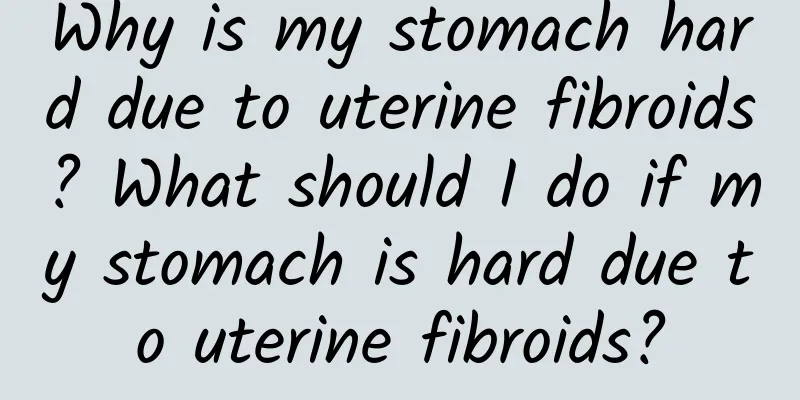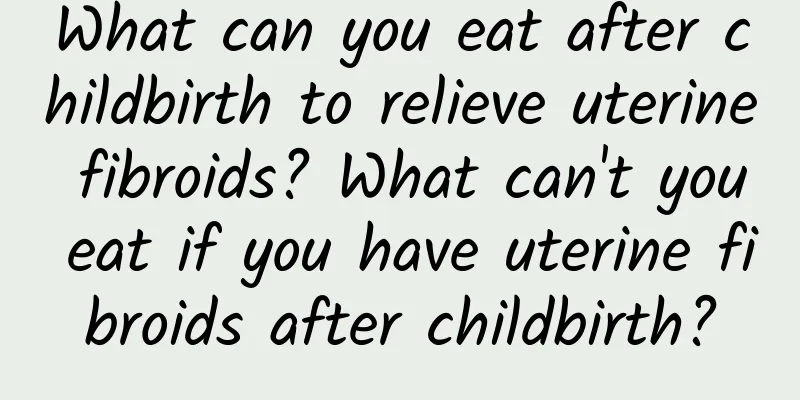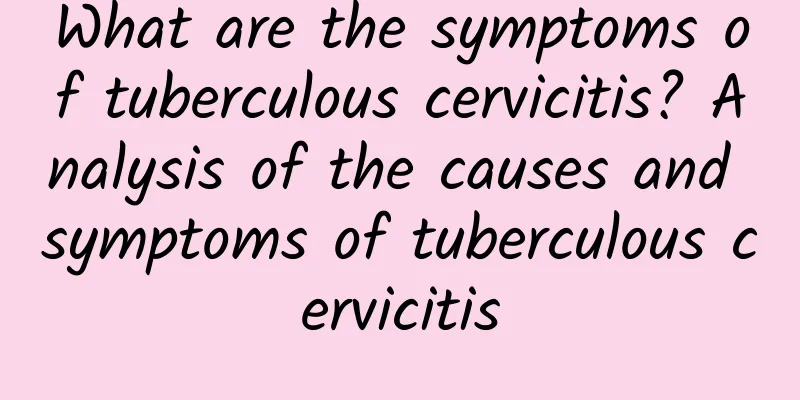Can I get vaccinated after cervical precancerous lesions turn negative?

|
Yes. HPV vaccine can be administered after cervical precancerous lesions turn negative, but it needs to be evaluated by a professional doctor to ensure that the physical condition is suitable for vaccination, and the vaccination time should be as soon as possible after the lesions are cured and the HPV test results turn negative, so that the vaccine can play the greatest preventive effect. The conversion of cervical precancerous lesions to negative means that the current pathological state has returned to normal, but there may still be a risk of HPV reinfection and disease recurrence. HPV vaccination has a preventive effect on high-risk HPV virus infection that has not yet been covered by the vaccine, especially for young women. However, several aspects should be paid attention to when getting vaccinated at the right time: first, whether the overall physical condition is good, such as whether it is still in the recovery period of the lesion; second, the overall immune status; it is clear that the role of the HPV vaccine is to prevent new infections of HPV viruses, not to treat already infected viruses. Even if you have been infected with certain HPV types in the past, vaccination can still prevent high-risk viruses that you have not been infected with before. The conversion of cervical precancerous lesions to negative means that the current pathological state has returned to normal, but there may still be a risk of HPV reinfection and disease recurrence. HPV vaccination has a preventive effect on high-risk HPV virus infection that has not yet been covered by the vaccine, especially for young women. However, several aspects should be paid attention to when getting vaccinated at the right time: first, whether the overall physical condition is good, such as whether it is still in the recovery period of the lesion; second, the overall immune status; it is clear that the role of the HPV vaccine is to prevent new infections of HPV viruses, not to treat already infected viruses. Even if you have been infected with certain HPV types in the past, vaccination can still prevent high-risk viruses that you have not been infected with before. When getting vaccinated, you need to follow the doctor's instructions after a physical examination and HPV screening. It is recommended to maintain regular cervical screening, and even after vaccination, you still need to do regular HPV and TCT examinations, and pay attention to strengthening your own immunity, such as getting enough sleep, a balanced diet, and a variety of nutritional intake. You can also increase regular and moderate exercise to reduce the risk of related diseases. If you have any hesitation or questions about vaccination, be sure to communicate with a professional doctor and understand the common adverse reactions after vaccination and how to deal with them, so that you can feel at ease with vaccination to protect your health. |
<<: What should be checked for pregnancy after missed abortion
>>: No cause found for vulvar pruritus
Recommend
Let’s find out together: Are multiple ovarian cysts serious?
Multiple ovarian cysts are a type of ovarian cyst...
How to treat severe amenorrhea
How to treat severe amenorrhea? For patients with...
How to solve the three major problems of "little sister" pain, smell and itching? Nutritionist: Eat smart to maintain your private parts and enjoy sex
Women's private parts often have three major ...
Most women with ovarian cysts have no symptoms
What are the symptoms of ovarian cysts? Did you k...
Specific analysis of the symptoms of late pelvic inflammatory disease
The clinical incidence of pelvic inflammatory dis...
How much do you know about the common causes of adnexitis?
Adnexitis is a disease that seriously harms women...
Prevention measures for endometrial tuberculosis
The uterus of a woman is where her baby lives. On...
What causes leukoplakia?
What are the causes of vulvar leukoplakia? Vulvar...
What happened when menstruation has not been bleeding, especially less bleeding?
What happened if my menstrual bleeding has not st...
How long does it take to get pregnant after laparoscopic ectopic pregnancy surgery
After laparoscopic ectopic pregnancy surgery, it ...
Will uterine fibroids affect pregnancy? How big will uterine fibroids be to not affect pregnancy?
Uterine fibroids (Hysteromyoma) Uterine leiomyoma...
Health care methods and precautions for uterine fibroids
Uterine fibroids, also known as uterine leiomyoma...
What is the difference between acute pelvic inflammatory disease and chronic pelvic inflammatory disease
In response to the problem that many pelvic infla...
What should female friends pay attention to after abortion surgery?
What are the precautions for women after abortion...
Don’t eat the wrong food during menopause! Eat more oatmeal 7 types of food
[Key Points]: Menopause is an important period in...
